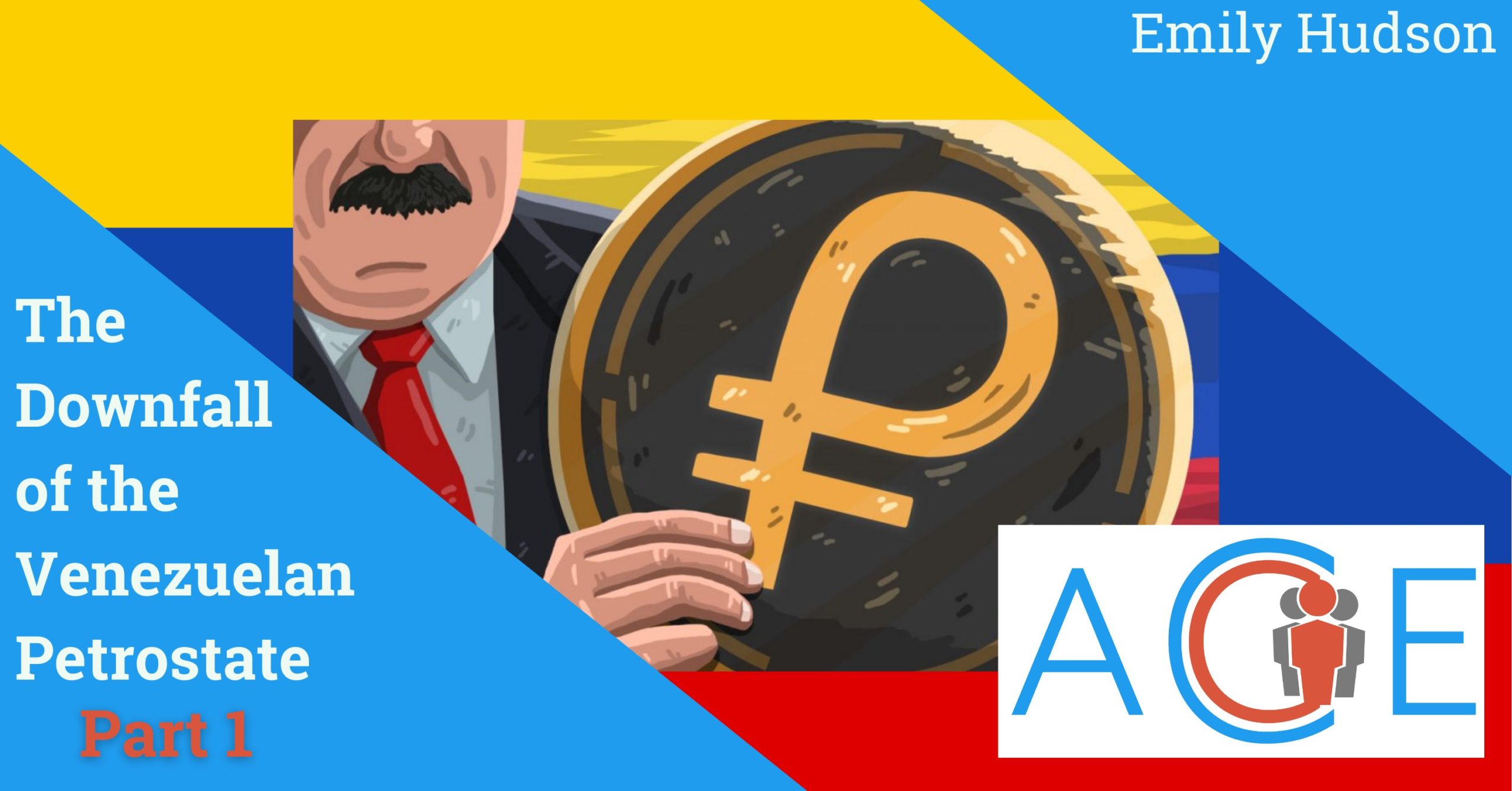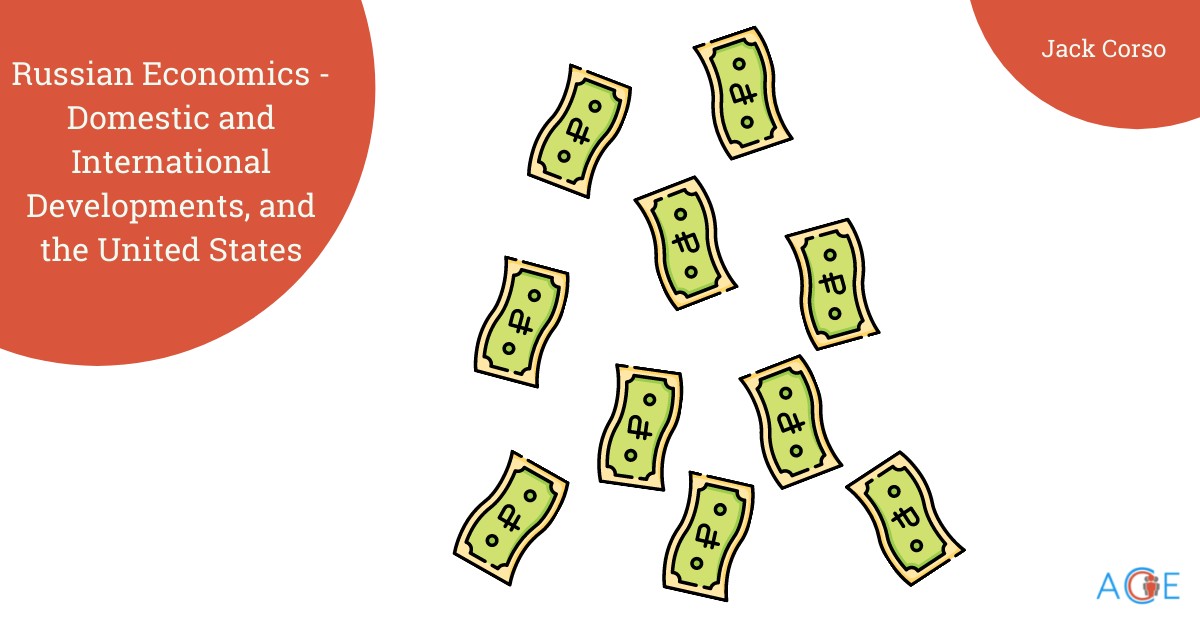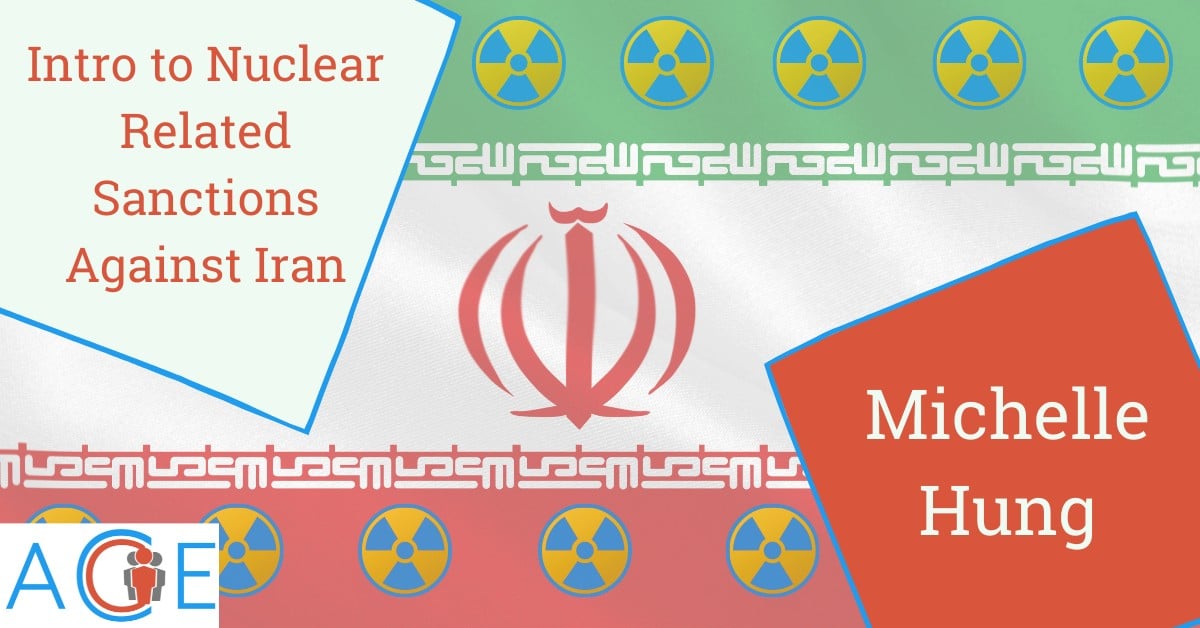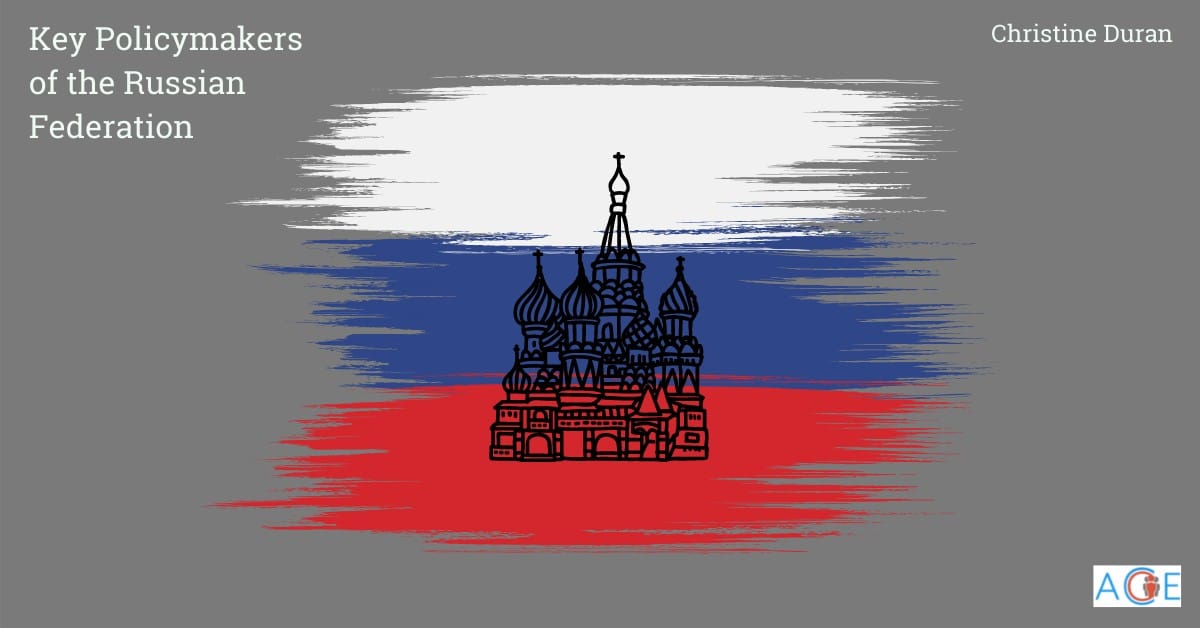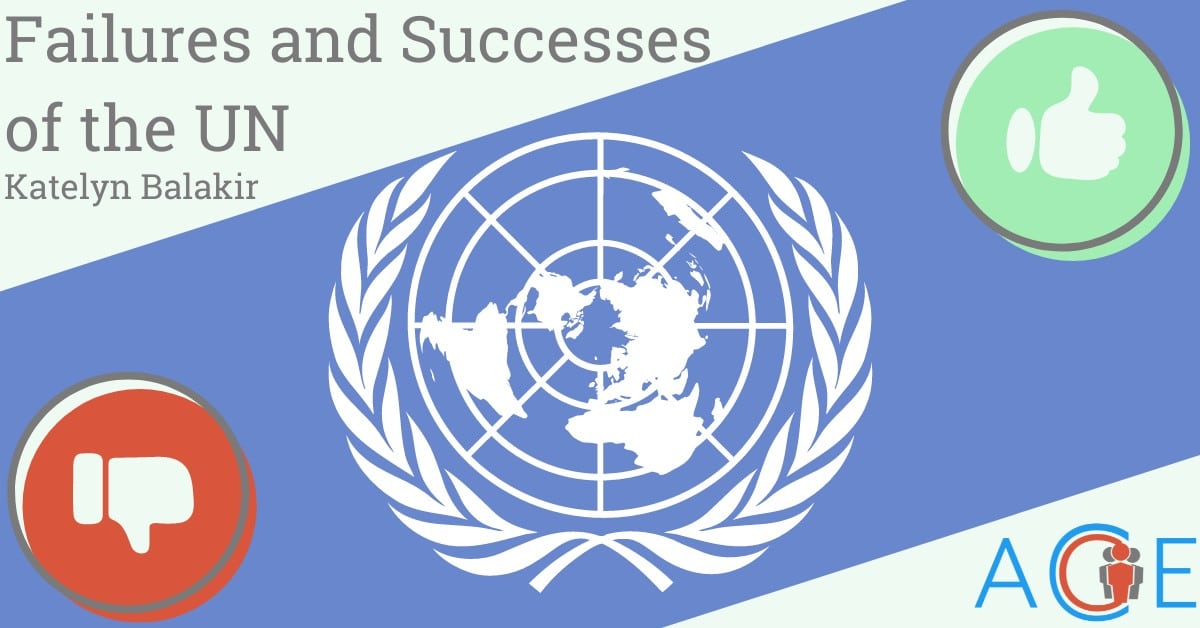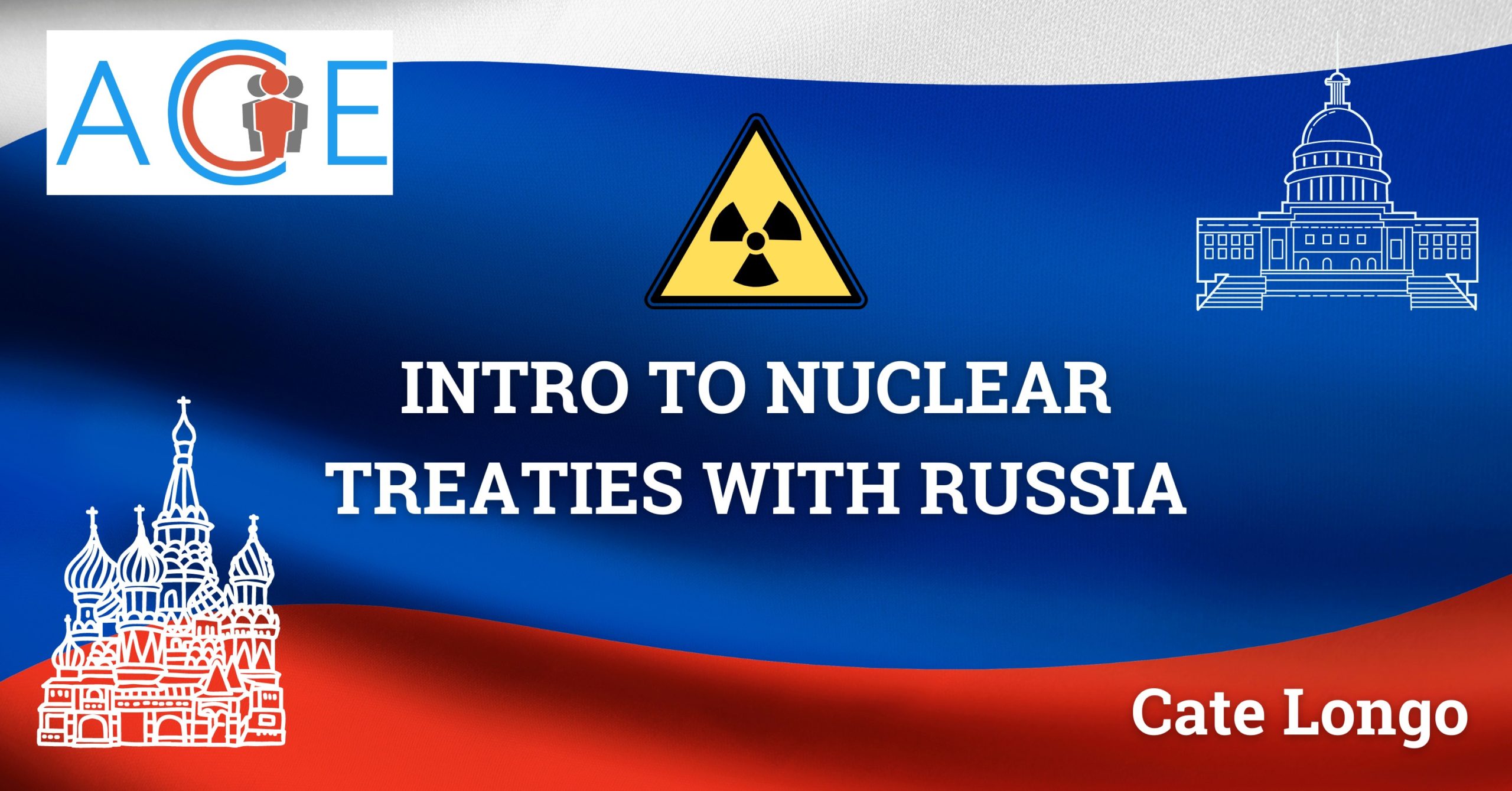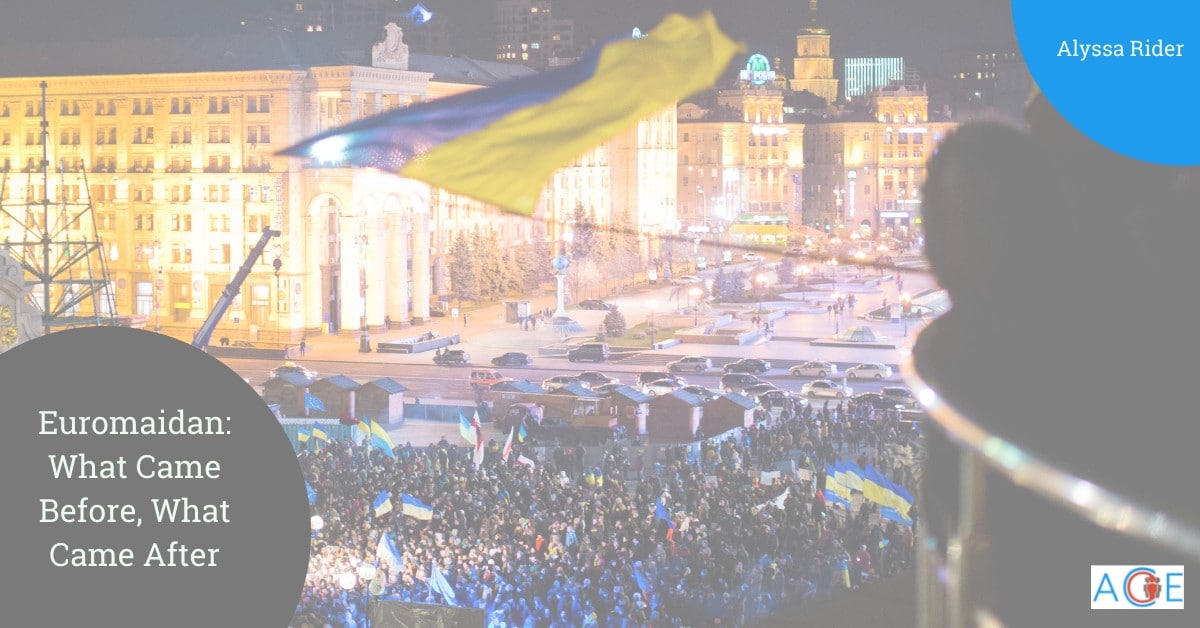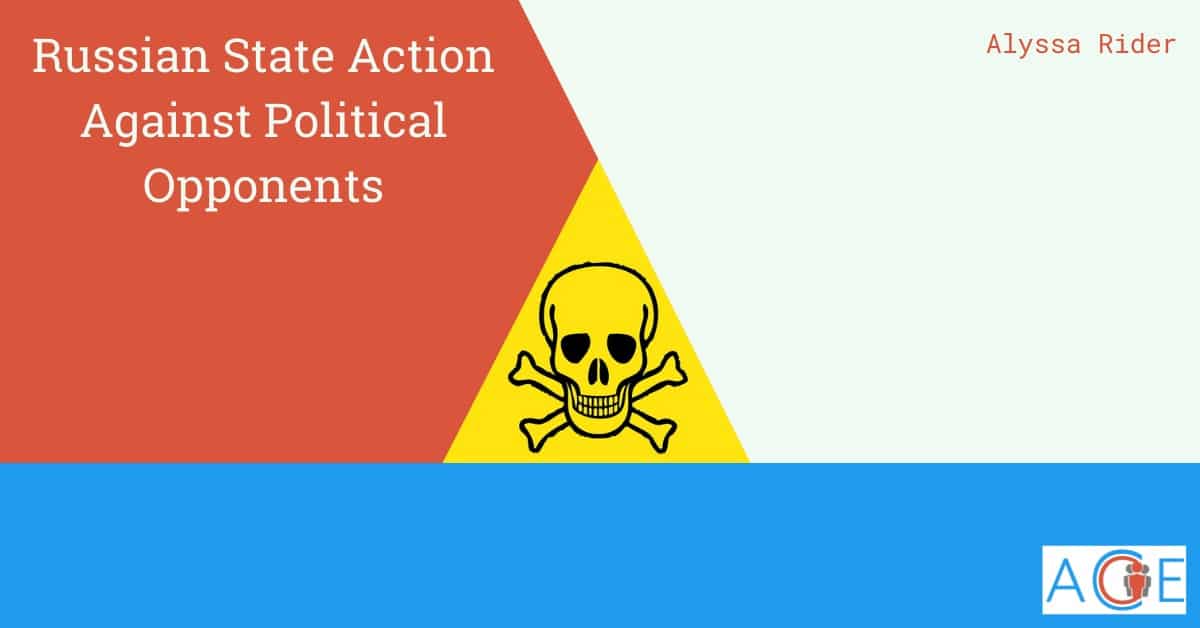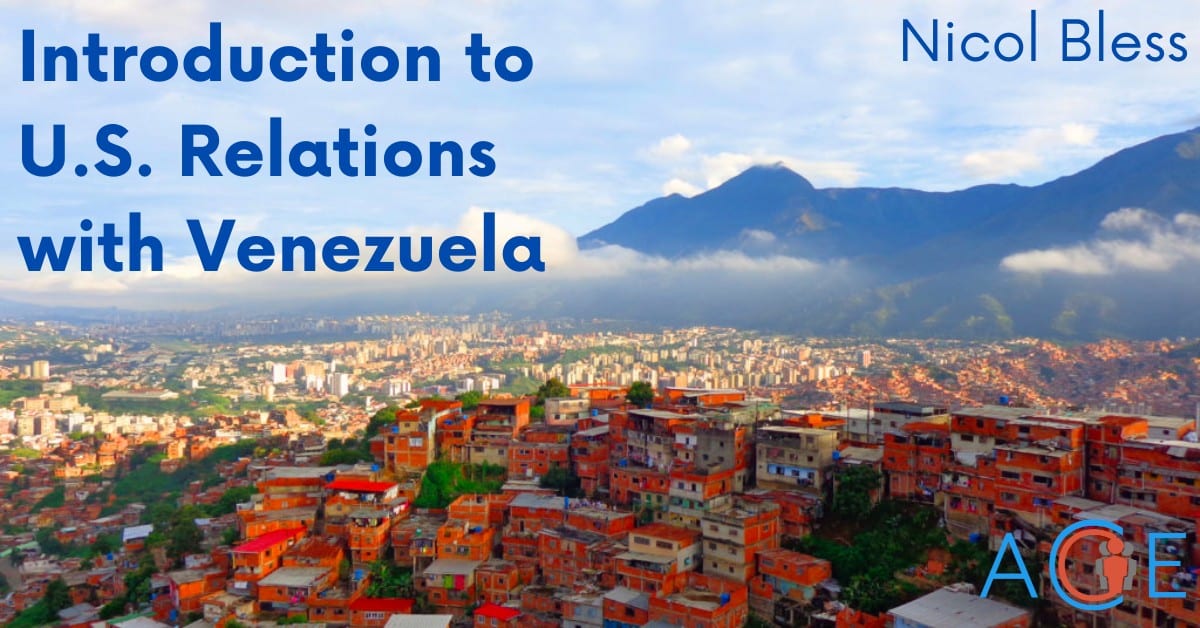VENEZUELAN OIL: A BLESSING OR A CURSE?
Venezuela, notorious in the global energy arena for its possession of the Western Hemisphere’s largest reserves of light and heavy crude oil along with the world’s largest reserves of extra-heavy crude oil, has experienced both the blessings and the curses associated with such resources. The Venezuelan economy became dependent on these natural resources, as is the case with many developing nations. The resulting phenomenon in which a country’s government has become overly dependent on natural resource exports and thereby neglecting to invest in other, arguably less lucrative, sectors has been coined “Dutch Disease.” Reliance on the revenues from fossil fuels has earned Venezuela the status of being a petrostate. Typical characteristics of petrostates include an elite minority concentrating power, corruption, and weak political institutions, which are reflected in Venezuela’s current political climate. This brief provides an historical overview of the current political, economic, and humanitarian crises.
Striking Black Gold
Venezuela’s major oil reserves were tapped into in the early 1900s, and commercial scale oil drilling began in 1917. Following the end of World War I, American and British multinational oil companies became interested in Venezuelan oil reserves and traveled to Lago de Maracaibo. The discovery of oil in Venezuela’s Maracaibo Basin in 1922 by Royal Dutch Shell sparked the beginning of the nation’s oil trade on an international scale. Consequently, by the 1930s, well-known companies like Royal Dutch Shell, Gulf, and Standard Oil had become so heavily invested in such endeavors that they ended up controlling approximately 98% of the Venezuelan oil market. Following the death of Venezuelan President Juan Vicente Gómez in 1935, a tug-of-war ensued between foreign oil companies and the Venezuelan government in regards to issues such as taxation, regulation, and ownership. In an effort to reassert control over its own natural resource, Venezuelan lawmakers passed the Hydrocarbons Law of 1943, ultimately requiring foreign companies operating in Venezuelan territory to give half of their oil profits to the Venezuelan state.
Political Transition, Economic Boom, and Nationalization
Venezuela established its first stable democratic government in 1958. The oil industry, the most lucrative sector of the economy, had a great impact on the government. In the process of establishing its new government, leaders from the country’s three major political parties signed the Punto Fijo Pact, which guaranteed state jobs and oil rents would be allocated to each party in proportion to the voting results. The goal of the punto Fijo Pact was to limit political infighting and ensure the majority of oil profits went to the state.
Venezuela was the top exporter of petroleum from 1929 to 1970. The Venezuelan Minister of Mines and Hydrocarbons, Juan Pablo Pérez Alfonzo, began advocating for a plan to enable top oil-producing countries to have greater control over their oil in 1959. In the following year, Venezuela joined Iraq, Iran, Kuwait, and Saudi Arabia to form the Organization of the Petroleum Exporting Countries (OPEC). This gave the world’s leading petroleum producers the ability to coordinate oil prices and possess greater control over their national industries.
Venezuela established its first state oil company and increased oil company taxes to 65% of profits in 1960, in an effort to assert further control over its natural resources. Demand for Venezuelan oil grew in the 1970s when the Gulf states briefly limited oil exports due to a political crisis with Israel, and the Irananian Revolution disrupted oil exports. At this time, Venezuela’s per-capita income was the highest in Latin America. In 1976, President Carlos Andrés Pérez officially nationalized Venezuela’s oil industry, culminating in the creation of Petróleos de Venezuela, S.A. (PDVSA). PDVSA oversaw all aspects of the oil industry and foreign companies were only allowed to partner with PDVSA if PDVSA held 60% equity in joint businesses. While the 1970s were characterized by positive economic strides, the global marketplace in the 1980s began to experience falling oil prices and high inflation rates, culminating in Venezuela accruing massive foreign debt as the nation purchased foreign oil refineries that were previously held by Citgo and other well-known oil companies.
The Blunders of the Chávez Presidency
In the 1990s, Hugo Chávez gained popular support with a socialist platform, and became president in 1998 with the promise that he would use the wealth generated from oil reserves to reduce poverty and inequality. Upon becoming president, Chávez kept his promise by expanding social services and reducing poverty by 20%. However, many of the president’s decisions came at the detriment of the oil industry. As a means of increasing oil prices, Chávez decided to cut production, meanwhile PDVSA hoped to increase oil production so that the heavy oil fields could be further developed. PDVSA officials argued against increased political control over the institution. They claimed that taking revenues from the oil industry without reinvesting funds in infrastructure and exploration of other avenues would be detrimental. This would prove to be true as the reduced profit reinvestment led to a significant decline in the country’s petroleum production. Countless oil workers went on strike, many of which were fired by Chávez, resulting in the loss of crucial managerial and technical expertise. As is common with the resource curse, investment in other sectors of the economy lagged because of a focus on oil.
At the same time, Chávez worked to further promote Venezuelan oil on an international scale. The Venezuelan president hoped to strengthen OPEC and increase international oil prices. In addition, Chávez hoped to expand business endeavors to other regions, particularly in the Caribbean through the 2005 PetroCaribe Alliance. This alliance provided countries in the region, including Cuba, with crude oil and refined products under more favorable terms. This agreement aimed to promote regional economic cooperation and counterbalance US influence in the Caribbean.
Chávez’s Legacy and The Rise of MaduroChávez’s presidential reign came to an end in 2013 when he died of cancer; however, his decisions would prove to have long-standing consequences. During his presidency, Chávez paved the road toward authoritarianism for his successor, Nicolás Maduro, by ending term limits, controlling the Supreme Court and the press, as well as nationalizing private businesses and foreign owned assets.
